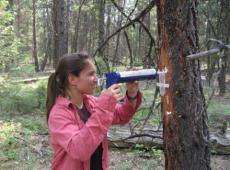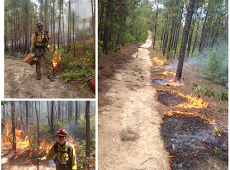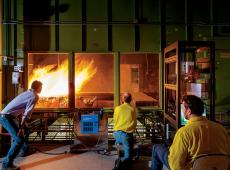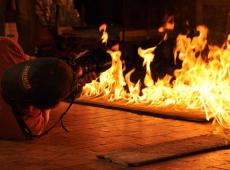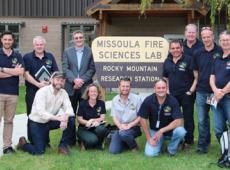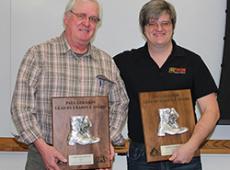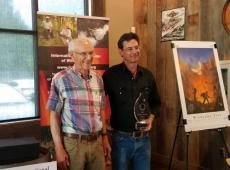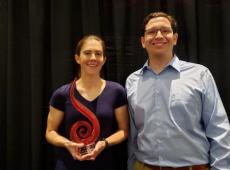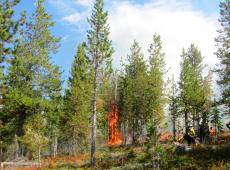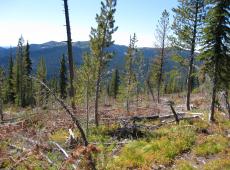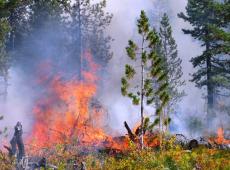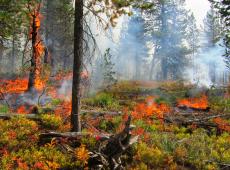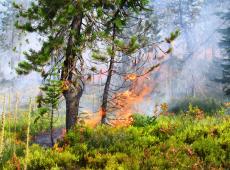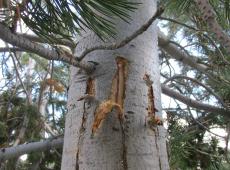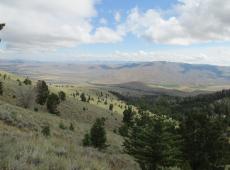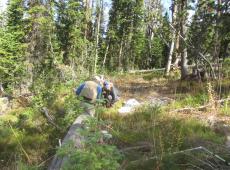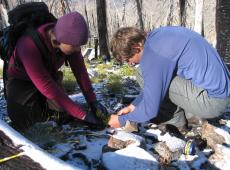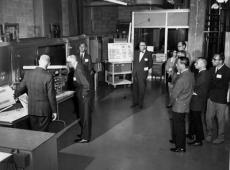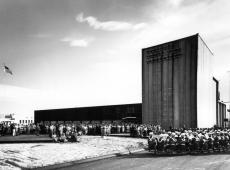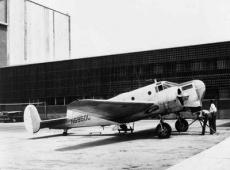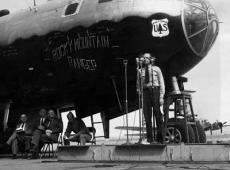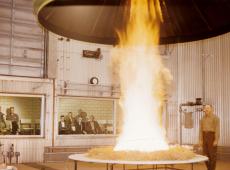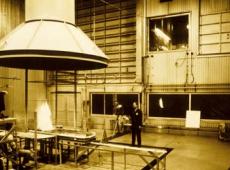Image Gallery
Our photographs represent research, presentations, award ceremonies, fire simulations, tours, and educational events. Click on an image to see a larger view and description. Browse related images by tags. Photos are provided by the USDA and Forest Service unless otherwise noted.
clockwise from upper left: Dan Jimenez assists with a prescribed burn in Georgia pine forests.; A prescribed fire is lit from the road in the burn unit. Elliot Conrad also assists with the burns.
(Credit: Matt Jolly)
Scientists observe the behavior of fire in a wind tunnel
(Credit: Richard Barnes for The New York Times)
Extreme Ice Survey production team uses Missoula's Fire Lab combustion chamber for future documentary of fire
Bob Keane receives the 2019 Harold Biswell Lifetime Achievement Award from the Association for Fire Ecology
